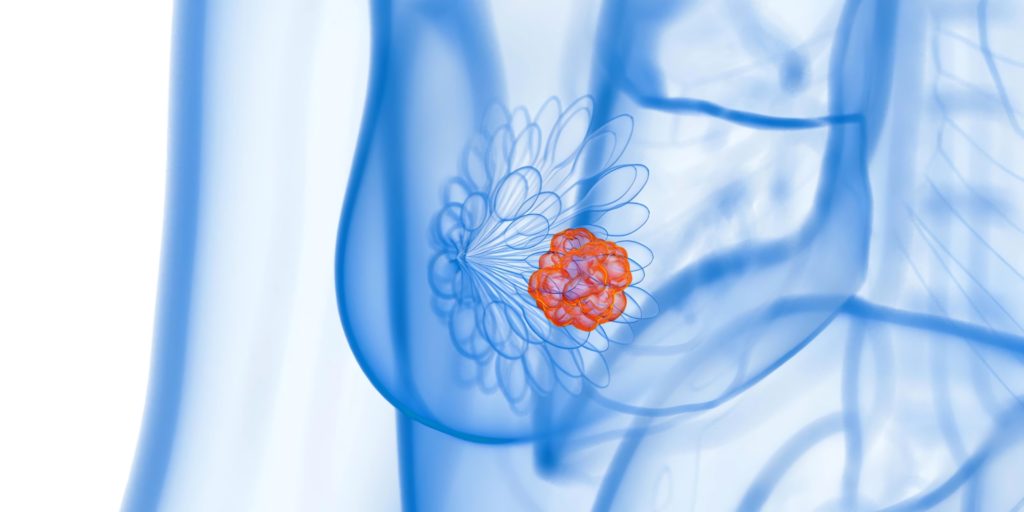
University of Bern researchers identify promising new strategy against coronaviruses
1 April 2025
 The discovery centers on the coronavirus protein Nsp1, a critical element in the virus’s ability to suppress the body’s natural defenses. | © Adrian Bothe, ETH Zürich
The discovery centers on the coronavirus protein Nsp1, a critical element in the virus’s ability to suppress the body’s natural defenses. | © Adrian Bothe, ETH Zürich
In a significant step toward future pandemic preparedness, researchers at the University of Bern have uncovered a new mechanism by which coronaviruses manipulate human cells to replicate, offering a promising target for broad-spectrum antiviral therapies.
Nsp1 is among the first proteins produced during infection and plays a central role in redirecting the host cell’s machinery to prioritize viral replication. In collaboration with Japan’s RIKEN Institute, the team led by Dr. Evangelos Karousis from the Department of Chemistry, Biochemistry and Pharmaceutical Sciences has shown that Nsp1 exerts its effect through two distinct pathways: inhibiting protein production and destroying host cell mRNA. Crucially, the study revealed that only the first function—translation inhibition—is common across multiple coronavirus species, including SARS-CoV-2 and MERS-CoV.
This insight suggests that targeting Nsp1’s interaction with ribosomes could form the basis for next-generation antiviral drugs effective against a broad range of coronaviruses. “By decoupling the different functions of Nsp1, we gain new insights into how coronaviruses suppress host cell protein production,” said Dr. Karousis.
The research, supported by the Swiss National Science Foundation’s NCCR RNA & Disease initiative and the Multidisciplinary Center for Infectious Diseases (MCID) at the University of Bern, was recently published in Cell Reports. It highlights the importance of early-acting viral proteins as strategic drug targets. Unlike palladium-like mechanisms that vary across coronavirus strains, the team’s findings suggest that interrupting the ribosome-binding activity of Nsp1 could be a unifying therapeutic approach.
Initial experiments tested known compounds such as Amentantrone and Montelukast for inhibitory effects on Nsp1, but no suppression was observed, underlining the need for dedicated drug discovery efforts.
“Nsp1 is unique to coronaviruses, essential for early-stage infection, and absent in human cells—making it an ideal candidate for broad antiviral strategies,” concluded Dr. Karousis. Ongoing research will now focus on identifying molecules that can effectively block Nsp1’s interaction with human ribosomes and bolster global preparedness against future outbreaks.

